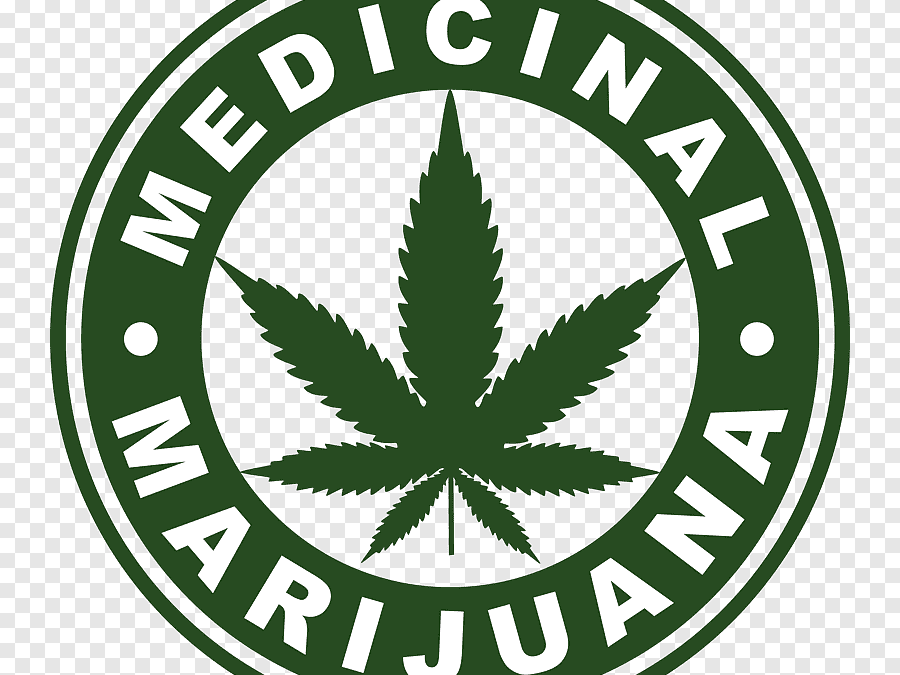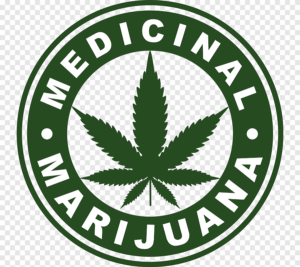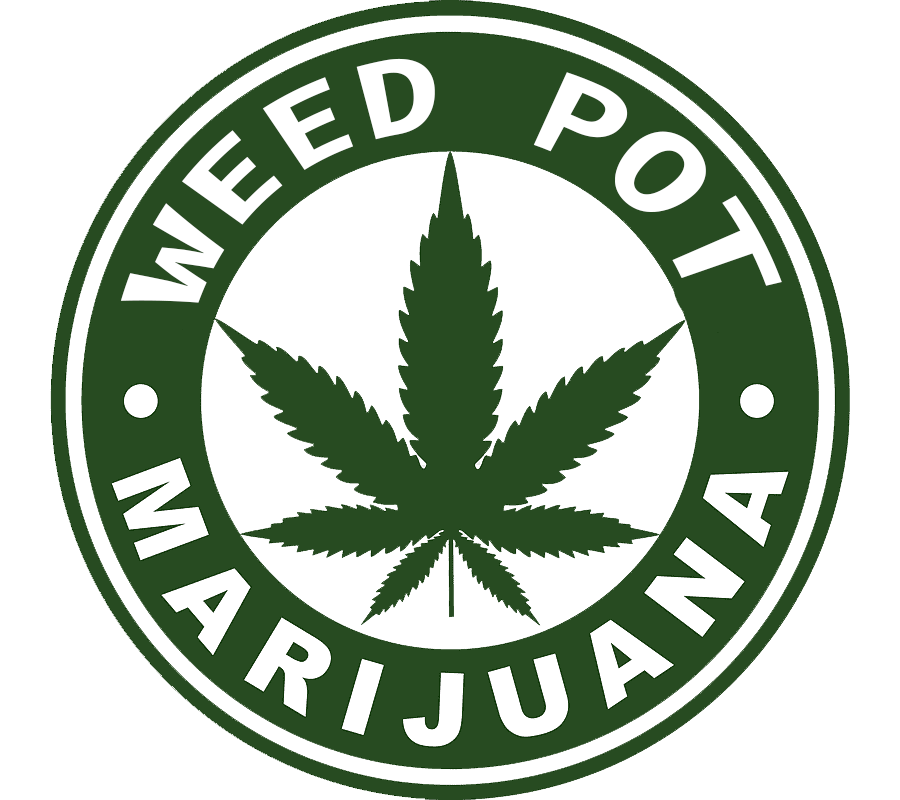
JFK Jr.’s Attitude Toward Marijuana: A Progressive Stance
by James R | Nov 26, 2024 | Election News
JFK Jr.’s attitude Toward marijuana is a positive one. John F. Kennedy Jr., the son of the late President John F. Kennedy and Jacqueline Kennedy Onassis, was not only known for his high-profile family legacy but also for his independent and progressive views on various social issues. One area where JFK Jr.’s perspective was particularly notable was his stance on marijuana. As a prominent public figure in the 1990s and early 2000s. He spoke openly about his support for marijuana legalization. Which aligned with broader shifts in societal attitudes toward cannabis use and reform during that period.

John F.Kennedy Jr.’s attitude Toward Pot
JFK Jr.’s Attitude Toward Marijuana Portrays A Personal and Progressive View
JFK Jr.’s attitude toward marijuana ( aka. weed and pot ) was shaped by his belief in personal freedom and individual rights. He viewed the criminalization of marijuana as an unjust policy, one that disproportionately impacted certain communities, particularly minority groups. His stance on the issue was informed by a larger belief in the right of adults to make choices about their own bodies. A philosophy that was consistent with his progressive leanings on other social issues.
Unlike many public figures who either avoided discussing controversial topics or took a conservative approach to drug policy, John F. Kennedy Jr. was vocal in his belief that marijuana should be legalized and regulated. He considered the war on drugs to be a failure. Pointing out that the prohibition of marijuana had led to mass incarceration, the growth of the black market, and wasted public resources. Kennedy Jr. argued that regulating cannabis would help reduce the power of criminal organizations. So thus lowering crime rates, and bring in much-needed tax revenue.
The Influence of His Upbringing
Growing up in the Kennedy family undoubtedly influenced JFK Jr.’s attitudes toward various social issues. His family, especially his father, Robert F. Kennedy, was known for their advocacy for civil rights, social justice, and reform. These values resonated with JFK Jr., and as an adult, he was quick to apply these principles to a variety of causes. For instance, his support for marijuana legalization was part of his larger commitment to social justice. Particularly in addressing the inequalities present in the American legal and criminal justice systems for All Americans.
In his public comments, Kennedy Jr. did not shy away from the uncomfortable truth that the criminalization of marijuana disproportionately affected communities of color. He recognized that the policies in place were deeply flawed, contributing to the mass incarceration of Black and Latino individuals. While offering little in the way of actual harm reduction. Legalization, in his view, could serve as an important step toward righting these wrongs.
Public Advocacy and Advocacy Through Platforms
JFK Jr.’s role as a journalist and founder of George magazine provided him with a platform to further express his views on marijuana legalization. The magazine was known for its mix of celebrity gossip, politics, and social commentary, and Kennedy used it as a tool to highlight progressive causes. On multiple occasions, he used his influence to speak out on drug policy reform. Pushing for an open, honest, and balanced conversation about the consequences of marijuana prohibition.
Furthermore, Kennedy Jr. was not just a passive supporter of legalization. He actively engaged in public debates and discussions surrounding the topic. He participated in interviews where he emphasized the need for evidence-based policy changes and made the case that treating marijuana as a criminal issue was misguided. So his advocacy was ahead of its time, as public opinion on marijuana legalization was only beginning to shift in the late 1990s and early 2000s.
Legacy of Advocacy
JFK Jr.’s views on marijuana legalization helped set the stage for future advocacy on the issue. As the nation began to see increasing momentum toward legalization in the 2010s. While his death in a tragic plane crash in 1999 cut short his ability to see the fruits of this advocacy. Kennedy Jr.’s progressive stance on marijuana remains a testament to his broader commitment to social justice, reform, and personal liberty. His views on marijuana helped to shape the discourse surrounding drug policy and continue to influence the ongoing debates surrounding marijuana reform today.
